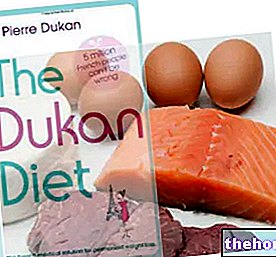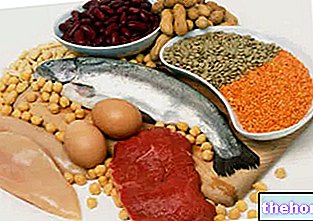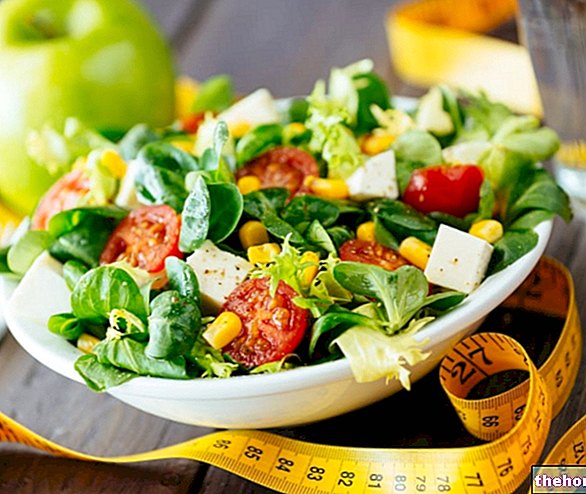Feng Shui: What is it?
Feng shui - in phonetics pinyin (pronunciation of Mandarin with Chinese characters translated into Latin) feng shuǐ - is a Chinese philosophy aimed at harmonizing the person with the surrounding environment.

Feng shui is a simplification / derivation referring to the passage of the now lost Classical Burial, recorded in the written commentary by Guo Pu (Taoist mystic, writer and Chinese scholar of the Eastern Jin period); feng shui is therefore one of the five arts of metaphysics Chinese, classified in physiognomy (observation and evaluation of the aspect through formulas and calculations). The feng shui practice discusses architecture in metaphorical terms of "invisible forces" that bind the universe, the earth and humanity, also known as qi (principle or vital flow of any being).
Historically, feng shui has been widely used for the architecture of buildings (frequently structures of significant spiritual value, such as tombs, but also homes) as it should be a good omen. Also based on the style of feng shui used, a place of auspicious could be considered in relation to local characteristics, such as streams, stars, etc.
Feng shui was suppressed in China during the 1960s Cultural Revolution, but it seems to have regained popularity ever since.
Modern reactions to feng shui are variable. There The Skeptic Encyclopedia of Pseudoscience he states that "some principles of feng shui are very rational", while noting that "folk remedies and superstitions have also been incorporated into the eclectic mix of feng shui."
Feng Shui diet
ATTENTION! Some principles advanced by followers of the feng shui diet will be set out below. These must in no way be interpreted as essential rules or firm leaders of the Chinese system; rather as suggestions on a method (in Italy) still rather unknown.
Some believe that feng shui has a strong impact on the subconscious and that, therefore, is a good way to lose weight. Instead of counting calories and inhibiting one's gluttony, advocates of the feng shui diet attempt to promote psychophysical well-being through "careful selection of the shapes, colors and materials used, as well as some behavioral modifications.
Feng shui is the art and science of placing objects and colors around the person to gain positive energy (qi), which also affects the food of the diet. feng shui diet:
- Use blue plates: Switching to blue plates promotes slowing down of chewing. Blue is the color of the water element; it is thought that it can also slow down other processes in the body by reducing blood pressure and heart rate. In fact, the term "Blue Plate Special" was popular during the "Depression", when restaurateurs they found that diners were more satisfied if they ate on a blue plate.
- Order: the disorder, which affects the diet, is the main problem of those who accumulate the extra kilos. The bulk represents a brake on the energy of the qi and negatively affects the weight. For those who want to lose weight, it is essential clearing the kitchen of all junk food accumulated in the cupboards, then moving on to cleaning the refrigerator, shelves, drawers etc. Any dry food, canned, etc., not consumed for a long time must be eliminated.
- The same applies to the other rooms of the house, freeing the cupboards from the old rubbish that is preserved "for when the original weight is restored". This would leave the mind anchored to old patterns of behavior that led to weight gain.
- Remove the "blocks" to weight loss: place the training equipment in a room where it can be used and eliminate all the obsolete, which leaves negative feed back to your qi.
- Mirrors: inserting mirrors in various points of the house helps to strengthen the determination in the pursuit of the goal. The ideal would be to apply one on the wall unit that contains any "forbidden foods", or on the fridge.
- Hide the kitchen: if it is visible from the entrance, it could encourage the act of eating. It is advisable to install a door, a curtain or divert attention by posting pictures or other works near the entrance.
- Avoid the red color: the red color stimulates the appetite, which is why it would be better to avoid it on tablecloths; as anticipated, for the feng shui system it is preferable to use blue, but also black or the floral theme.
- Making meals positive and complete experiences: it is advisable to decorate the table and enhance every single meal (even with decorations); absolutely avoid frugal meals, standing or sitting but without setting the table.
- Balance yin and yang: vary the consistency of foods and containers. Alternate soft colors with bright ones and spicy or strong flavors with delicate ones. Fresh fruits and vegetables, for example, when mixed together create an excellent balance of qi.
Other useful tips from followers of the feng shui diet are:
- Eat the meal on square plates: When trying to lose or maintain weight, square plates are better than round ones. This is because the square shape radiates satisfaction, while the circular one stimulates curiosity.
- Mitigate the colors of the environment: it is necessary to use a chromatic tone of the earth that stimulates the ability to achieve, while the bright colors stimulate the appetite. It would therefore be a good idea to respect this feng shui principle and paint the kitchen or dining room with an earthy color, such as brown, dull yellow or pumpkin orange. Meals will be more satisfying and the desire to eat will lessen.
- Even numbers: the quieter the environment where meals are eaten, the easier it will be to stick to the diet; an even number of tablecloths, covers and chairs promotes relaxation. If the family number is odd, it would be advisable to add an extra seat at the table. Your meals will become much more casual, also enhancing the food.
- Eat slowly: gulping down food quickly is one of the causes of overweight, because the body is not given time to activate the satiety mechanism. By finishing the meal at the right time, it is possible to avoid feelings of bloating and fatigue. To promote this attitude. you can install a prominent clock in the dining room.
- Reduce Size: Super portions are a real plague for those who want to lose weight. Regardless of the amount of food to prepare, we recommend using smaller dishes instead.
- Cooking: managing the ingredients gives the possibility to improve the nutritional composition of the meals, the presentation, the portions etc. Furthermore, in the feng shui culture there is the belief that the act of cooking promotes financial prosperity.
- Balanced meals: it is possible to do this by occupying 2/3 of the plate with meat, fruit and vegetables, while the remaining 1/3 can be made up of foods rich in carbohydrates.
- Cleaning the car: often, as for the house, the car also reflects the organizing and eating disorder of the person. Thoroughly cleaning the car promotes awareness of the type of waste that is inside it, and one immediately realizes that most of it is junk food.
Obviously, the feng shui diet does not exactly represent the "prototype" of a diet based on scientific research; however, since it does not seem to compromise in any way the nutritional balance of the diet, it can be said that it does not involve any contraindication to its use.









.jpg)


















